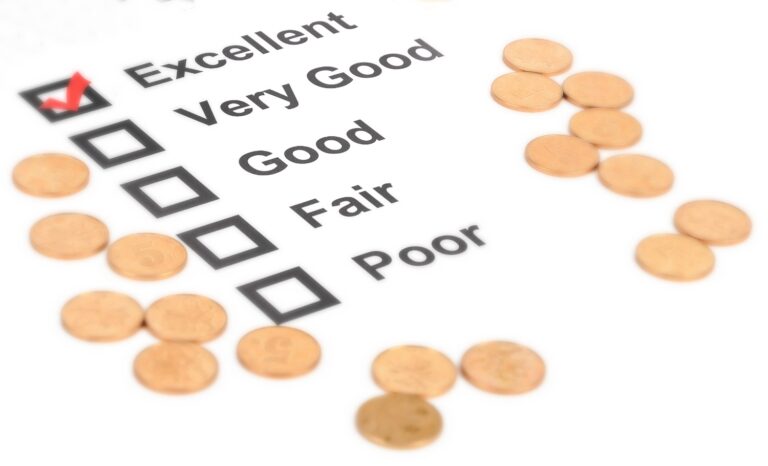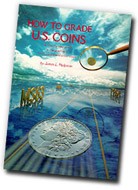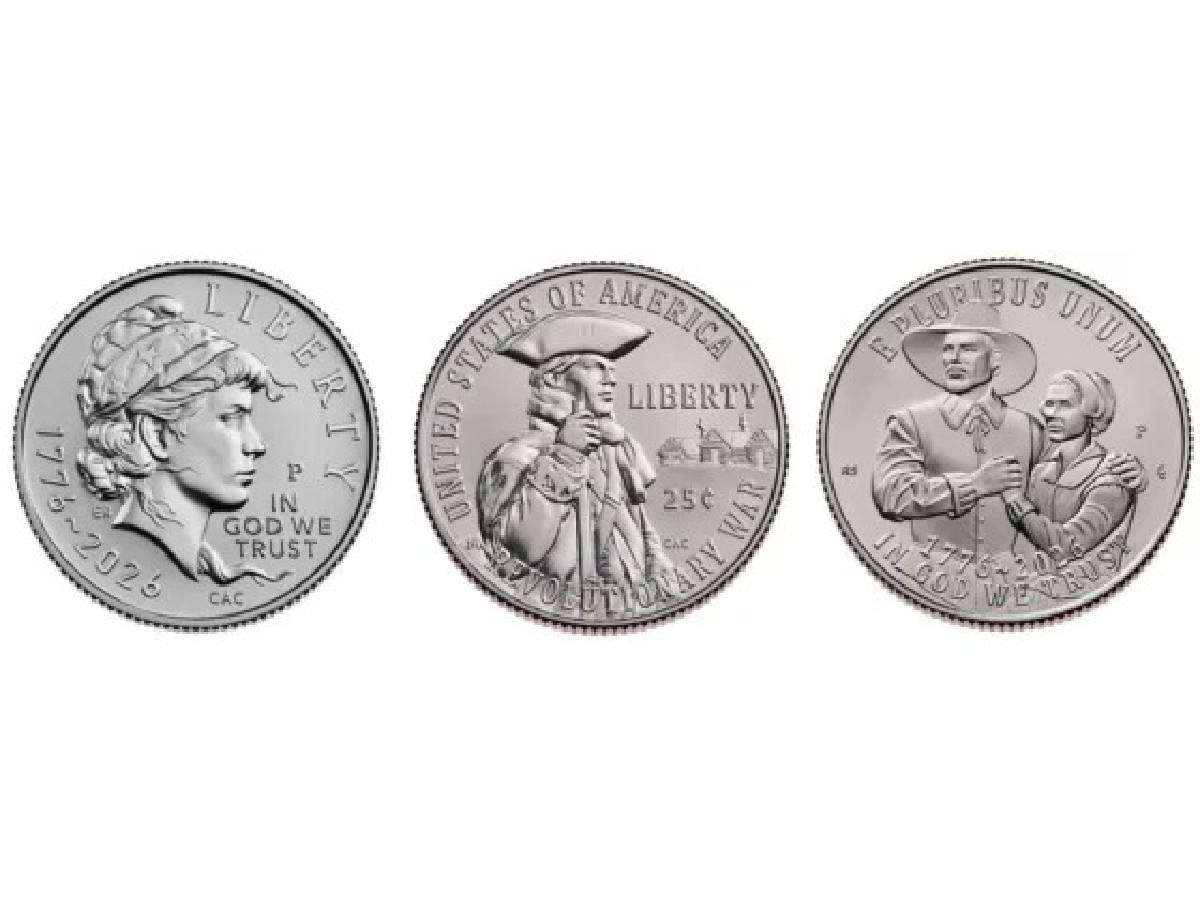Trying to determine a coin’s value?
Before you can determine the value of a coin, you first need to know the “grade” of your coin.
In fact, coin grade is simply one of a number of factors that must be determined in order to find the true value of your coin.

Professional Coin Grading Services
Determining the grade of a coin is very serious business!
There are professional coin agencies and experts who do coin grading for a living… full-time… for pay.
These 4 professional coin grading services are the most widely respected and trusted:
- Professional Coin Grading Service (PCGS) – the standard for the rare coin industry
- American Numismatic Association Certification Service (ANACS) – America’s oldest coin grading service
- Numismatic Guaranty Corporation (NGC) – the world’s largest coin grading service
- Independent Coin Graders (ICG) – the fastest turnaround times in the industry
- Sovereign Entities Grading Service (SEGS) – the most renowned numismatists in the industry
How The Pros Grade Coins
It’s not as easy as you might think. In fact, the process of determining the value of a coin is a very complicated process.
You see, there is a somewhat complicated formula that coin experts use to accurately determine “grade”.
Check out this PCGS coin grading video to see exactly how your coins get graded:
The biggest thing to remember when trying to find the value of coins is that a qualified coin expert must visually examine your coin, in order to determine its true value.
This can be done, in person at a coin show or a coin dealer’s office OR via U.S. mail using one of the agencies above.
Basic Coin Grades Explained

Coin grades are determined by the levels of wear that a coin has. These levels of wear are what make it possible for coin collectors to determine a coin’s ultimate value.
A coin with less wear generally has a higher value than the same coin with less wear.
Since you can find detailed information about coin wear in various coin books and online, I will simply summarize the basic coin grades (or levels of “wear”) here:
Coin grades and their abbreviations:
- FDC (Fleur-de-Coin) – Absolutely flawless, there is no sign of wear, no scratches or fingerprints
- Unc (Uncirculated) – In new condition, as issued by the U.S. Mint, but not perfect
- EF or XF (Extremely Fine) – There are slight surface marks or wear that is visible upon close examination
- VF (Very Fine) – There is some wear on the raised surfaces, but the main features are still sharp and have good detail
- F (Fine) – There is considerable wear on the raised surfaces, but the main features are still sharp and have good detail
- VG (Very Good) – A well-worn coin with major design elements visible. Outlines of portraits, wreaths, eagles, and similar design features are seen but absent virtually all of their center details.
- G (Good) – A heavily worn coin with major design elements visible only by outline, with no interior details evident. The rim may not be fully complete.
- AG (About Good) – A very heavily worn coin with some of the inscriptions on an example of this grade obliterated or incomplete. The date may not be completely readable, with the rim worn into many of the peripheral elements of the design.
- Fr (Fair) – Very worn, but the main features are still distinguishable
- Poor (Poor or Worn) – Some features and lettering are worn away
Remember, coin grading is not a science. It is not precise. For that reason, it’s wise to get the opinion of more than one coin professional — in order to determine the exact grade of your coin.
If you’re interested in grading coins yourself at home, start here for my article on the subject. And I’m highlighting some of my best tips for grading coins yourself in this video:




